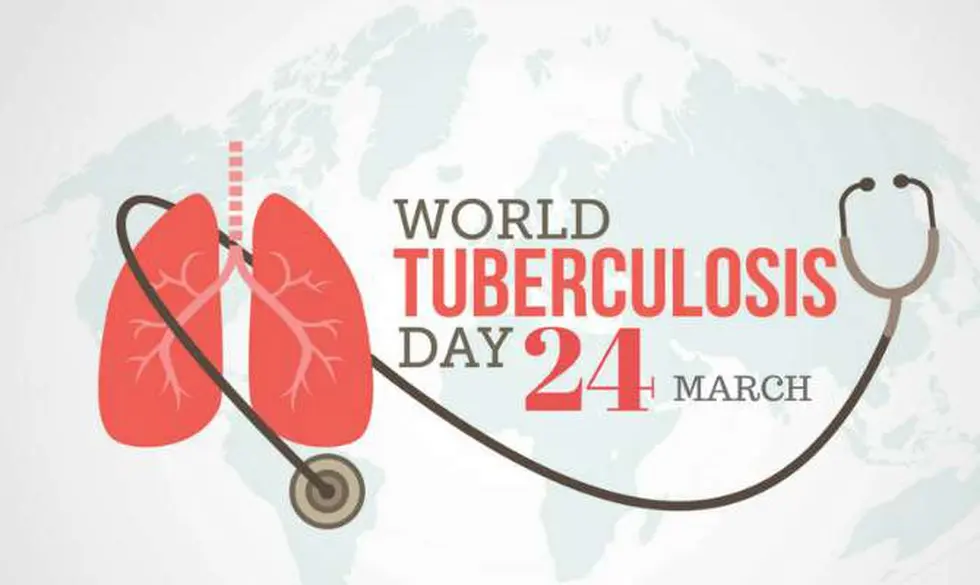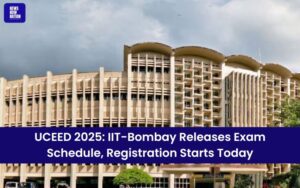
World Tuberculosis (TB) Day is commemorated on March 24 every year to raise awareness about the devastating effects of TB and the efforts being made to prevent and treat the disease. It is a day when individuals and organizations around the world come together to support the global fight against TB, which remains one of the deadliest infectious diseases today.
Tuberculosis is an airborne infectious disease caused by the bacterium Mycobacterium tuberculosis. It primarily affects the lungs but can also affect other parts of the body such as the kidneys, spine, and brain. TB is transmitted through the air when an infected person coughs, sneezes, or talks, and another person inhales the bacteria.
Despite being preventable and curable, TB remains a major public health problem worldwide. According to the World Health Organization (WHO), TB is one of the top ten causes of death worldwide, killing an estimated 1.5 million people in 2020 alone. It is also the leading cause of death from a single infectious agent, surpassing even HIV/AIDS. TB disproportionately affects low- and middle-income countries, with more than 95% of TB deaths occurring in these countries.
The theme for World TB Day 2023 is “The Clock is Ticking”, which emphasizes the urgent need to accelerate efforts to end the TB epidemic. The COVID-19 pandemic has further complicated the global response to TB, with disruptions in TB services and reduced access to care. It is essential to maintain momentum in the fight against TB despite the challenges posed by the pandemic.
Preventing TB is key to controlling the spread of the disease. The WHO recommends a comprehensive approach that includes early diagnosis, prompt and effective treatment, and measures to prevent transmission. Preventive therapy is also available for people who are at high risk of developing TB, such as those living with HIV, healthcare workers, and household contacts of TB patients.
However, TB diagnosis and treatment remain a challenge in many parts of the world, particularly in resource-limited settings. Many people with TB go undiagnosed or are diagnosed too late, which can lead to severe illness and death. Inadequate treatment can also contribute to the development of drug-resistant TB, a more difficult and expensive form of the disease to treat.
To address these challenges, the WHO has set a goal to end the TB epidemic by 2030. The End TB Strategy, launched in 2015, outlines a set of targets and actions to achieve this goal. These include a 90% reduction in TB deaths and an 80% reduction in TB incidence by 2030, as well as a commitment to provide access to quality care for all who need it.
To achieve these targets, a coordinated global response is essential. This includes increased investment in TB research, development of new diagnostic tools and treatments, and strengthened health systems to ensure that TB services are accessible and of high quality. It also requires political commitment and leadership at all levels, from national governments to international organizations and civil society.
In recent years, there have been significant advances in TB research and development. New drugs and diagnostic tools have been approved, and clinical trials are ongoing for new vaccines and treatments. However, these innovations need to be translated into effective TB control programs on the ground. This requires sustained investment and political will to ensure that TB remains a priority in the global health agenda.
On World TB Day, we must remember the millions of people around the world who are affected by TB and the impact it has on their lives and communities. We must also recognize the tireless efforts of healthcare workers, researchers, and advocates who are working to end the TB epidemic. Their commitment and dedication are essential to achieving the goal of a TB-free world.
In conclusion, World TB Day serves as a reminder of the urgent need to accelerate efforts to end






